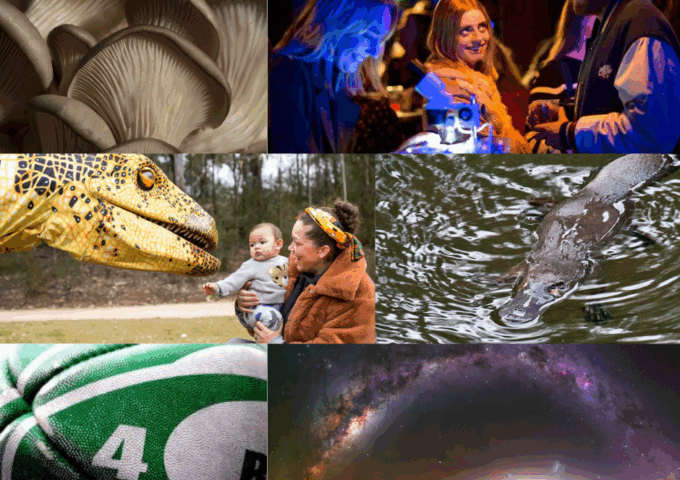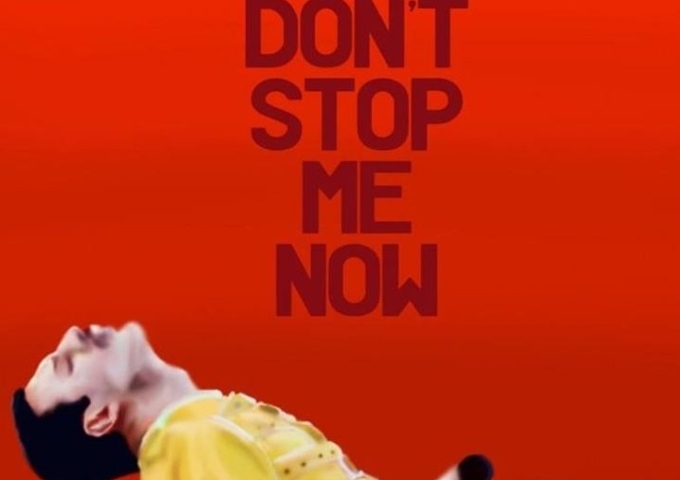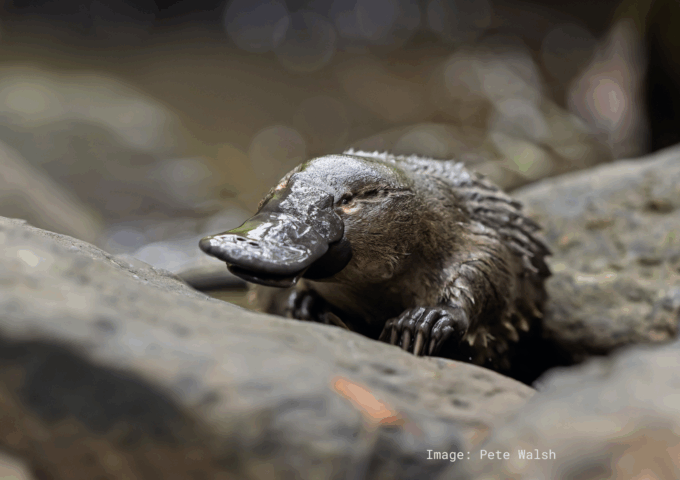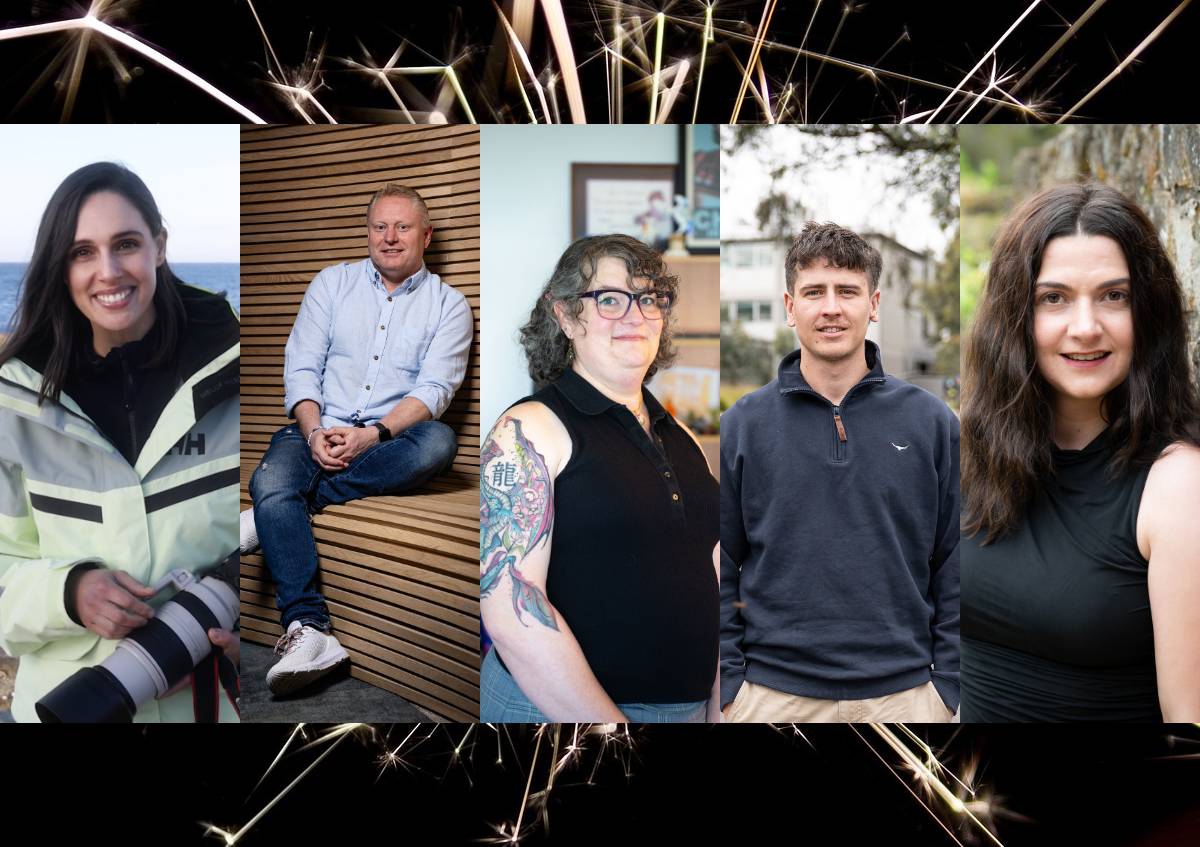
Each year, a group of scientists and science communicators are invited to become ambassadors for National Science Week. They volunteer their time to record community service announcements and conduct media interviews, sharing their research, discoveries and passion with audiences around the country during Science Week.
This year’s ambassadors are:
- Whale scientist and book author Dr Vanessa Pirotta – who flies drones through whale spouts to collect their snot and check their health.
- Australian National AI Centre leader Lee Hickin – helping shape Australia’s AI future.
- Game design guru Assoc. Prof. Phoebe Toups-Dugas – exploring how gaming and computing can help to make the world a better place.
- Taungurung man and eco-engineer Assoc. Prof. Shannon Kilmartin-Lynch – using Indigenous Knowledge systems to design sustainable building materials.
- Environmental psychology researcher Dr Brianna Le Busque – exploring how we feel about nature, from fear to biophilia.
Dr Vanessa Pirotta (she/her) / Wildlife Scientist
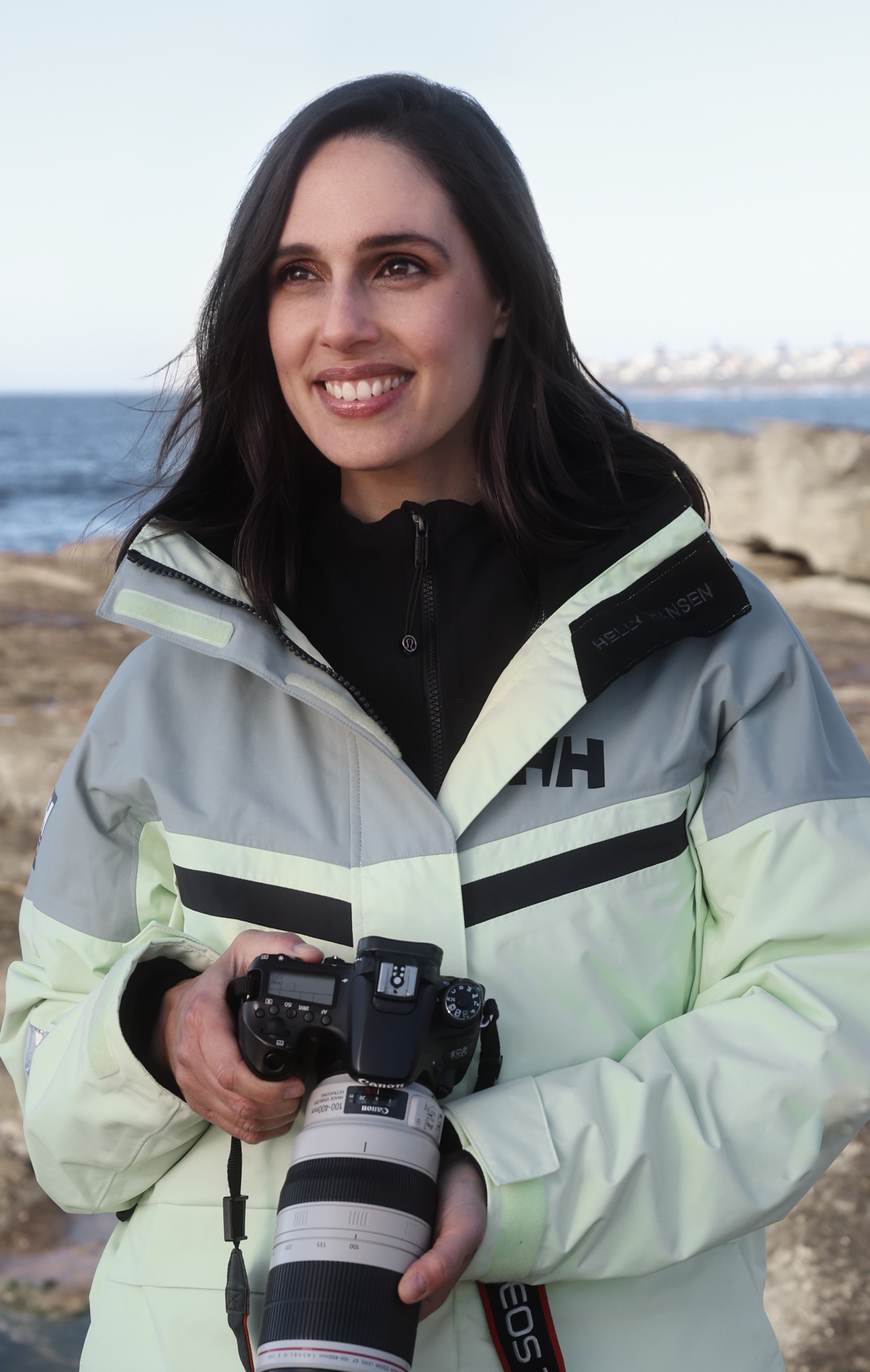
Dr Vanessa Pirotta is one of Australia’s leading wildlife scientists. From using drones to collect whale snot to developing AI tools to combat illegal wildlife trafficking, Vanessa merges cutting-edge technology with conservation science.
A passionate communicator, Vanessa has been recognised as one of Science and Technology Australia’s Superstars of STEM, the Australian Financial Review’s Top 100 Women of Influence, Women’s Agenda 2024 Emerging Leader in Science, and in 2025, was named the NSW Premier’s Woman of Excellence.
As the lead scientist for the citizen science project Wild Sydney Harbour, Vanessa connects communities with marine life while promoting the fusion of Indigenous knowledge and Western science.
Vanessa is also a proud author of educational children’s and adult books, which highlights her vision for STEAM being part of the everyday.
Lee Hickin (he/him) / Executive Director, Australian National AI Centre
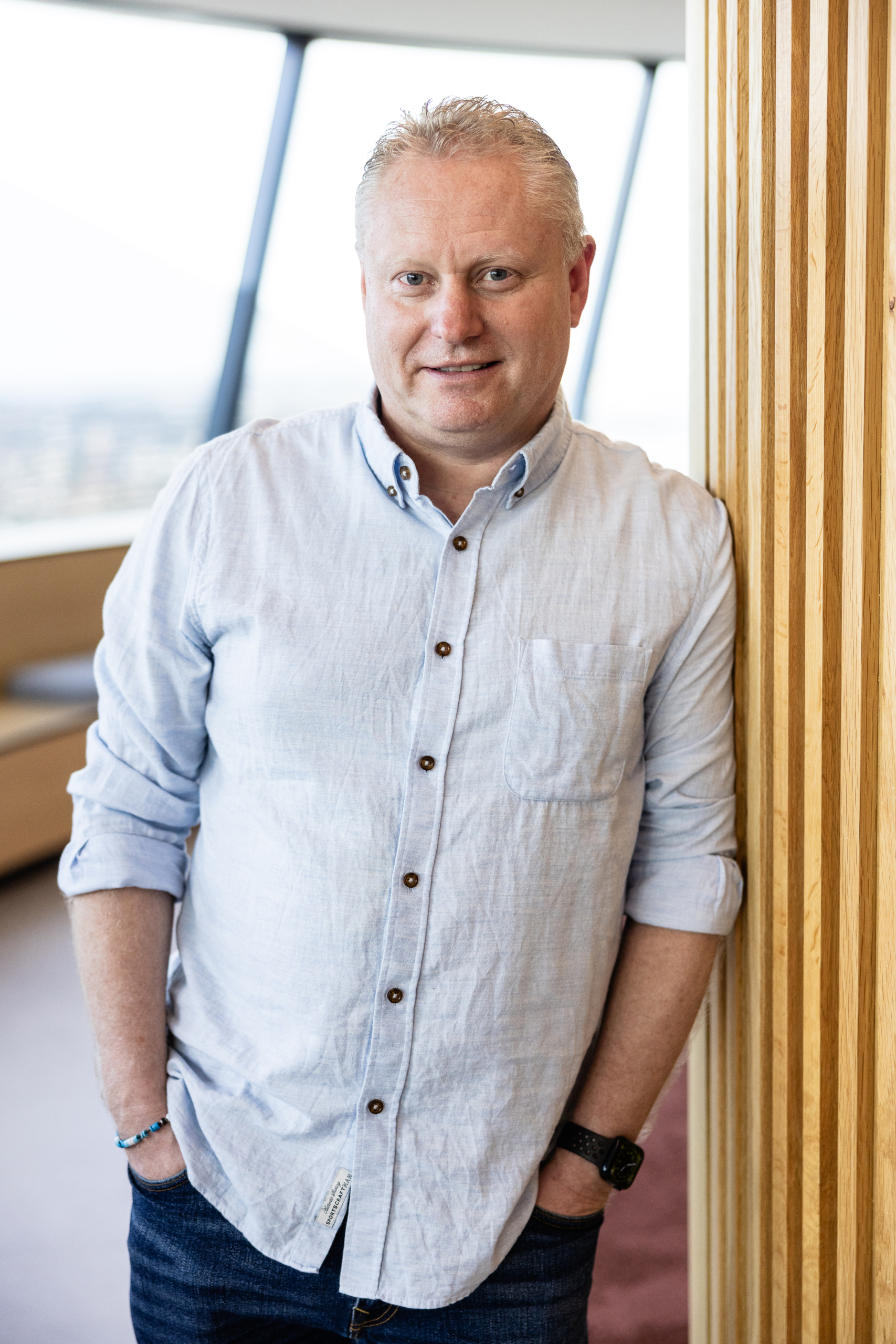 Lee has over 30 years’ experience in the technology industry, having been in technical, sales and business development roles. Most recently, he was the CTO for Microsoft ANZ and led the Asia region for Microsoft’s Global Responsible AI team.
Lee has over 30 years’ experience in the technology industry, having been in technical, sales and business development roles. Most recently, he was the CTO for Microsoft ANZ and led the Asia region for Microsoft’s Global Responsible AI team.
In addition to his time at Microsoft, Lee led the Internet of Things team for Amazon Web Services in Asia Pacific, was a CISSP security architect with RSA Security, and worked at both Tivoli and IBM as a software engineer.
Today, Lee leads the Australian National AI Centre (NAIC), with a mission to enable and support Australian Industry and society in its adoption of and acceleration through AI technology and services. He has a clear focus on the need for consistent and appropriate responsible safety mechanisms to support AI, balanced with the need to empower Australians with the confidence and trust in the positive and transformative potential of AI.
Lee brings the importance of technical understanding combined with the need for clear and unambiguous language as we help shape a future where AI will be a powerful enabler of productivity, growth and society broadly.
Assoc. Prof. Phoebe Toups-Dugas (she/her) / Game Designer
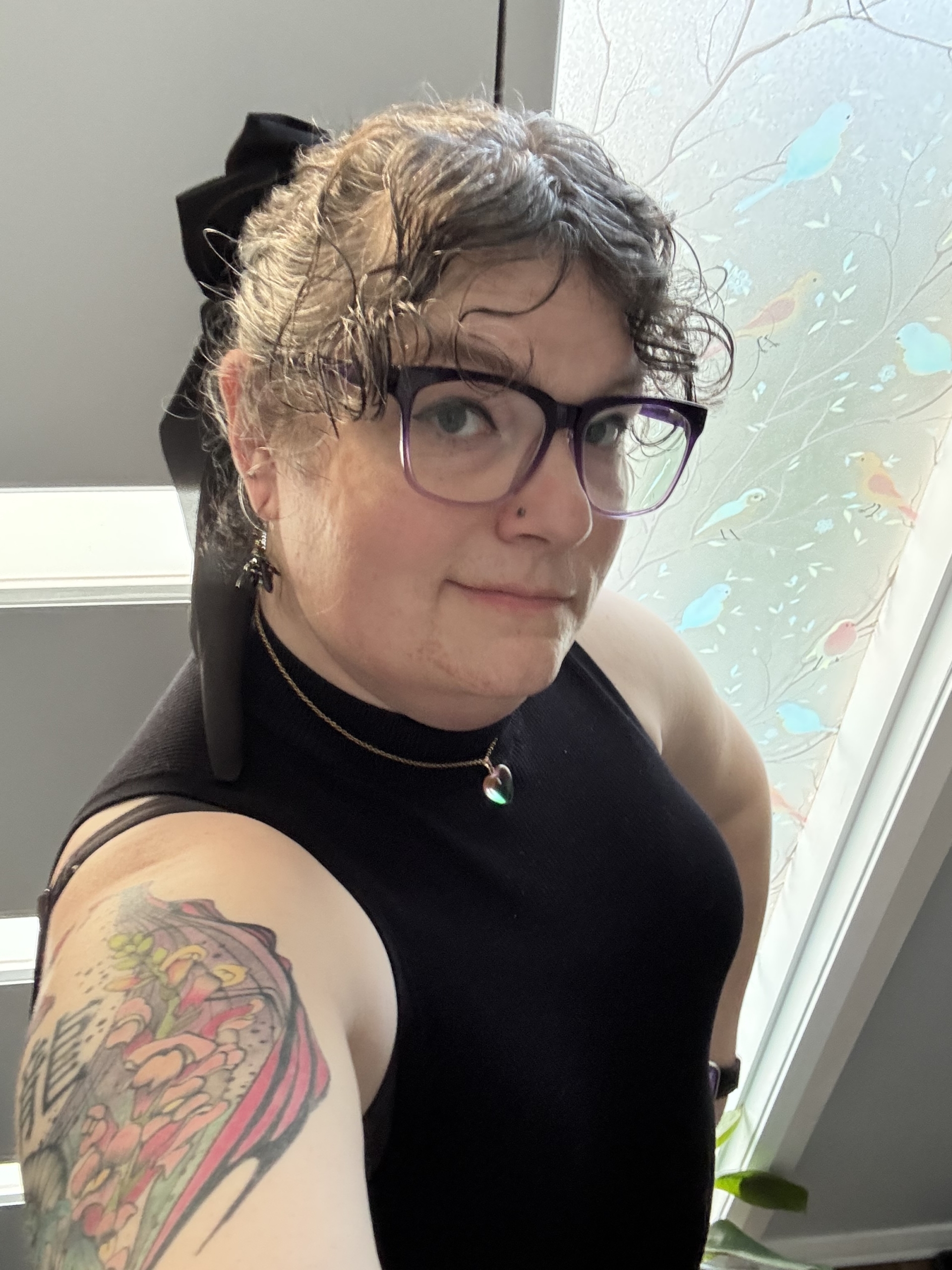 Phoebe Toups Dugas is an Associate Professor of Human-Centred Computing in the Exertion Games Lab at Monash University.
Phoebe Toups Dugas is an Associate Professor of Human-Centred Computing in the Exertion Games Lab at Monash University.
Phoebe pulls apart computer games to understand how we can use them to make the world a better place. Her research centres around designing for transgender gender euphoria in games and interactive systems. She continues to address the role of information technology in disaster response and has an ongoing interest in maps and cartography. Also, she loves dragons.
A Science and Technology Australia Superstar of STEM, Phoebe formerly hails from New Mexico State University, Disaster City, and Texas A&M University.
Assoc. Prof. Shannon Kilmartin-Lynch (he/him) / Civil Engineer
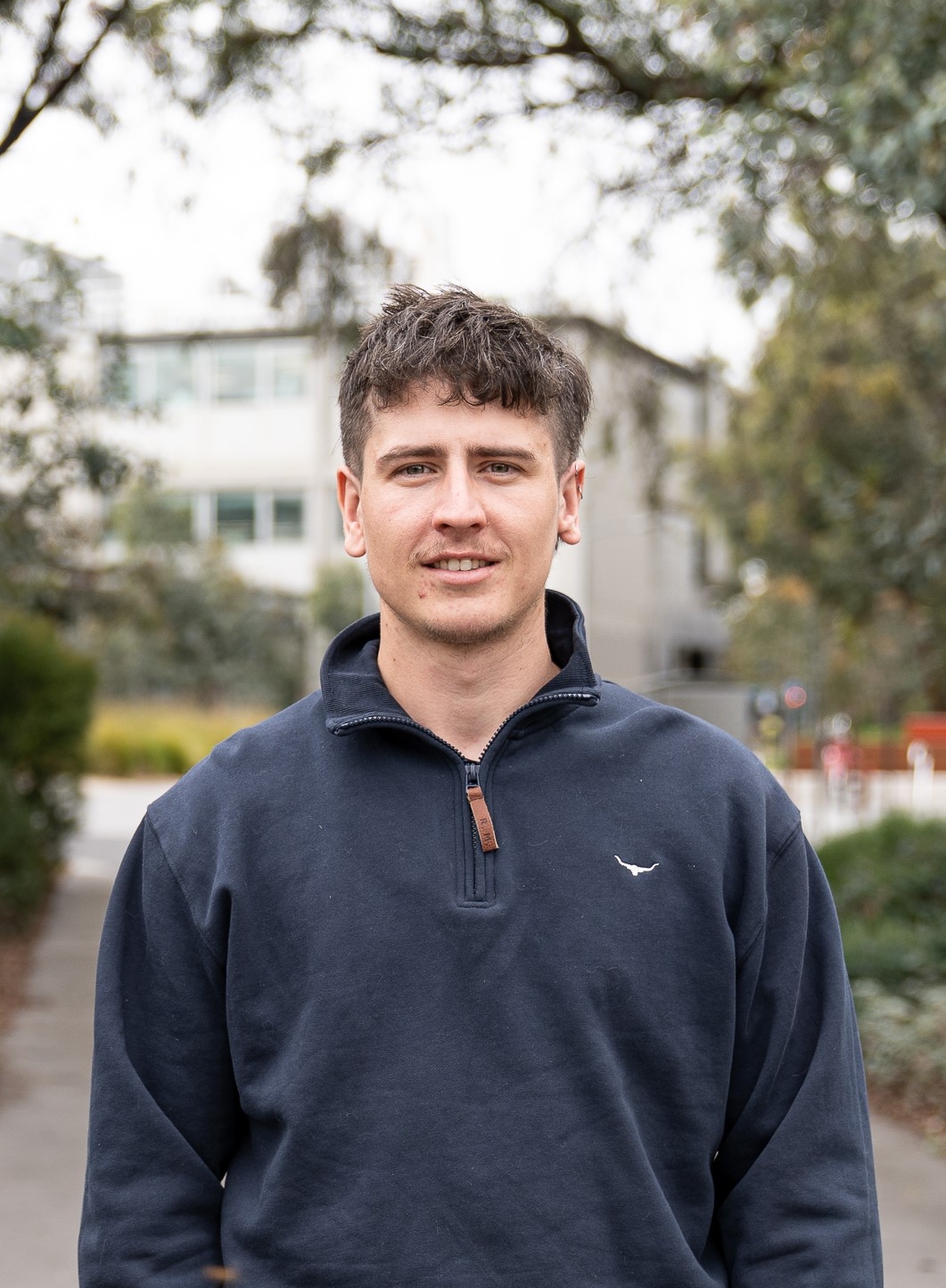 Dr Shannon Kilmartin-Lynch is an Associate Dean (Indigenous) and Associate Professor at Monash University’s Faculty of Engineering.
Dr Shannon Kilmartin-Lynch is an Associate Dean (Indigenous) and Associate Professor at Monash University’s Faculty of Engineering.
Shannon’s research explores the intersections of Indigenous knowledge systems, sustainable materials science, and environmental justice, with a particular focus on co-designed governance frameworks for land and resource management.
Shannon has received national and international recognition for his work on bio-based concrete technologies, Indigenous-led learning models, and circular economy strategies. His practice is grounded in long-standing partnerships with Traditional Owner groups and community-based research ethics.
Dr Brianna Le Busque (she/her) / Environmental Psychology Scientist
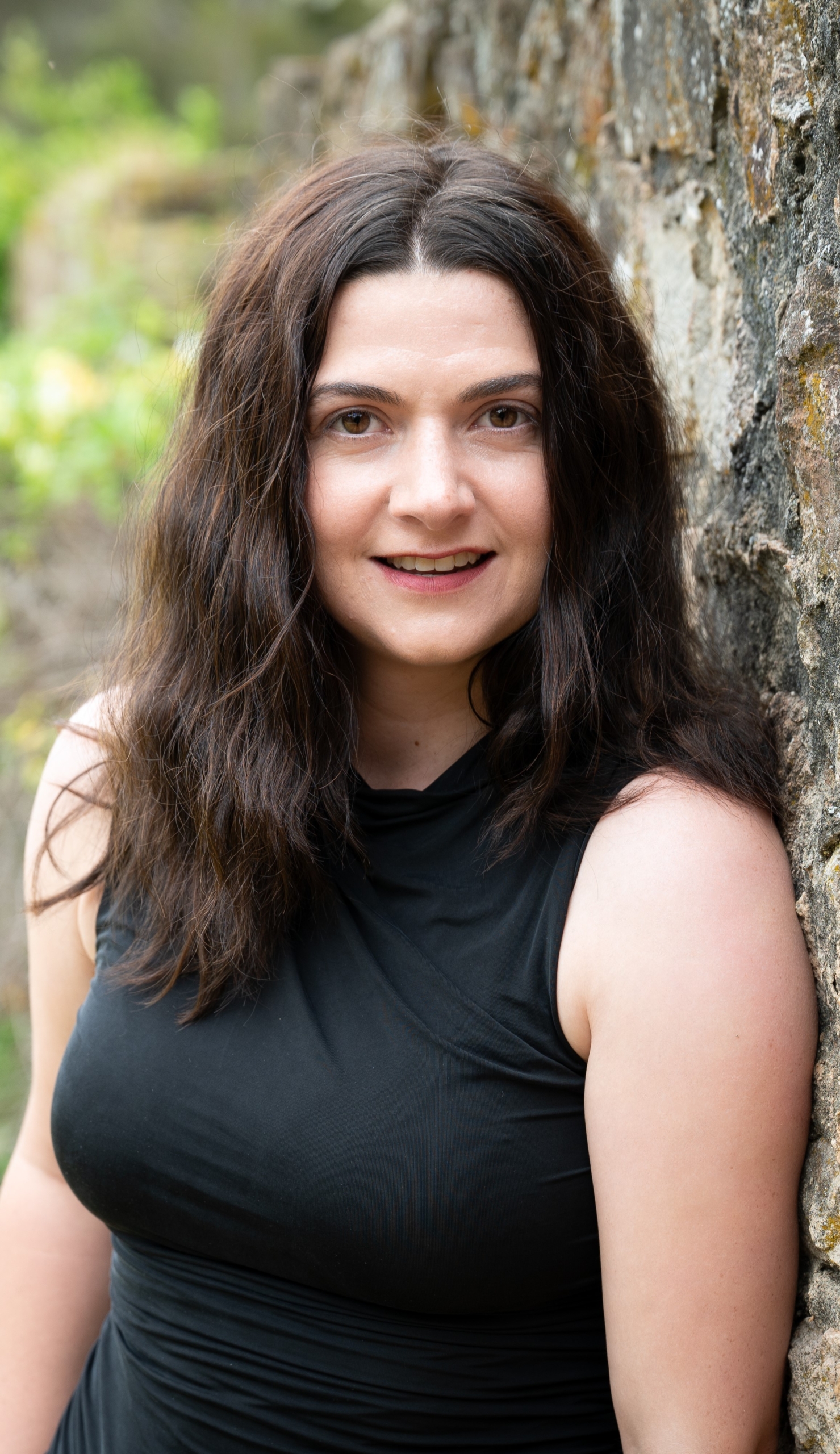 Dr Brianna Le Busque (she/her) has made it her science mission to explore peoples’ relationship with the ocean and marine species, including how biophobia (dislike/fear of the natural world) and biophilia (positive connections to the natural world) impact how people engage with the ocean and ocean conservation.
Dr Brianna Le Busque (she/her) has made it her science mission to explore peoples’ relationship with the ocean and marine species, including how biophobia (dislike/fear of the natural world) and biophilia (positive connections to the natural world) impact how people engage with the ocean and ocean conservation.
Brianna holds a PhD in Psychology and much of her research has sought to understand peoples’ fear of sharks and the role the media plays in propagating this fear.
Through her position as Program Director of Environmental Sciences at the University of South Australia, Brianna is dedicated to inspiring other scientists, especially emerging women in STEM. She’s also passionate about showcasing how science is a broad and diverse field and doesn’t always need to involve labs or microscopes.




